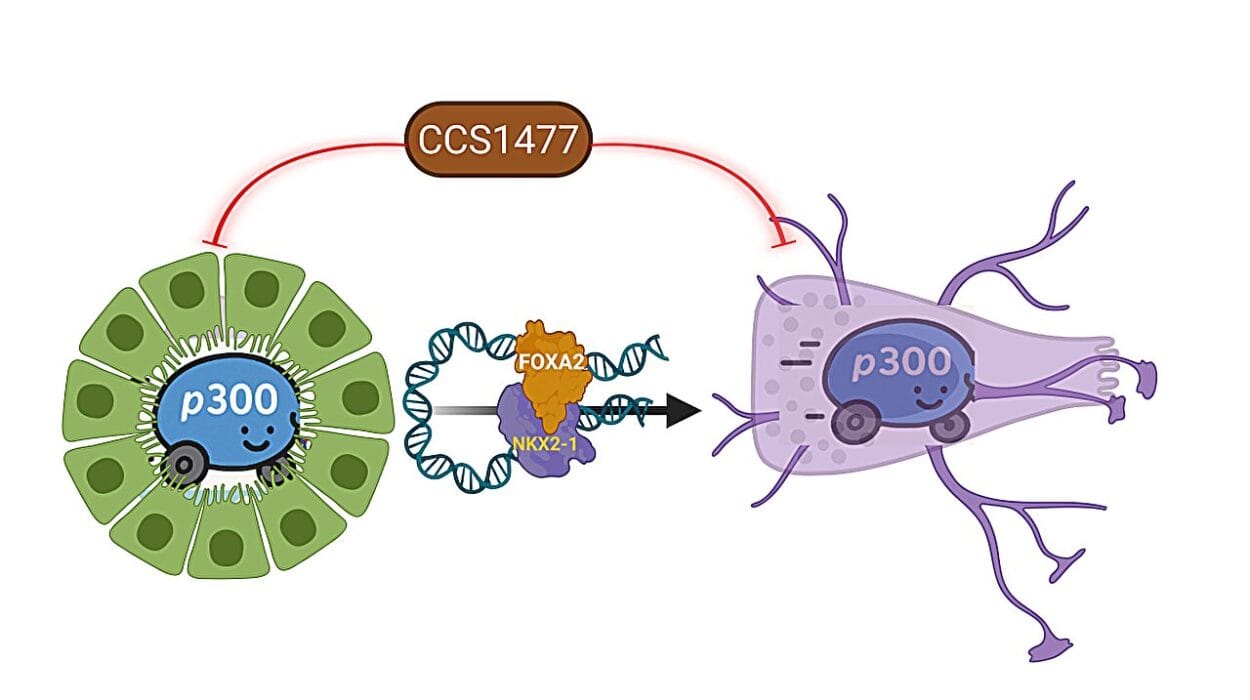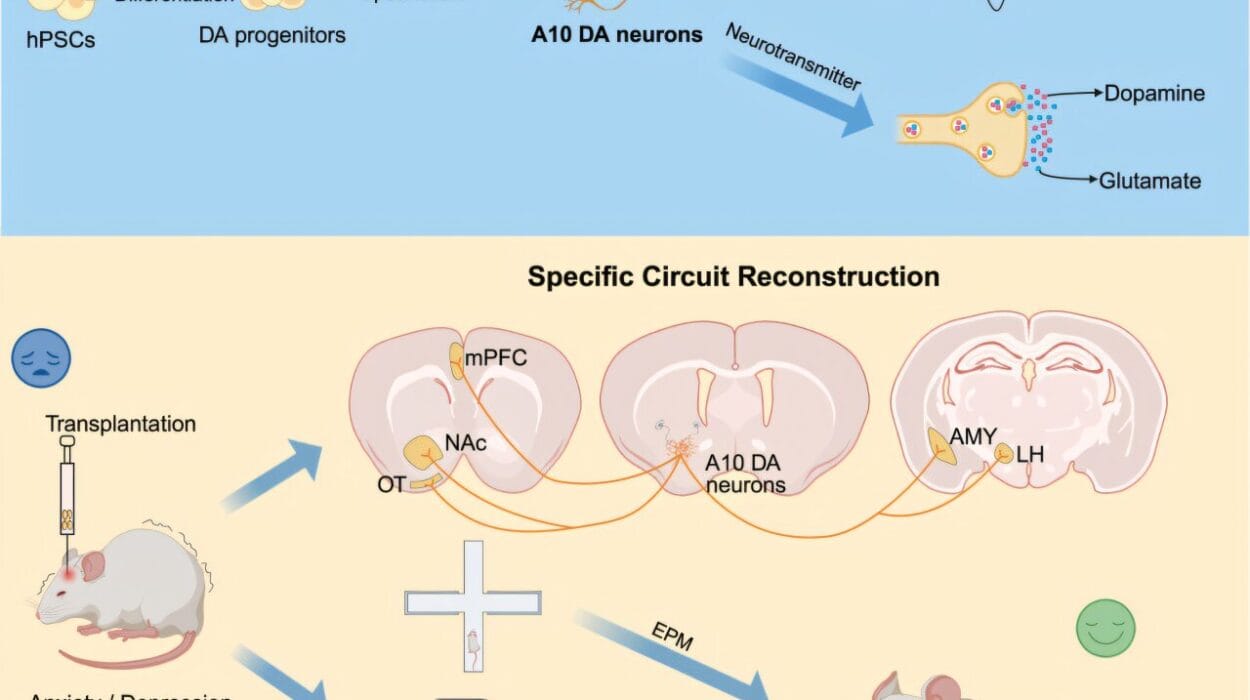For years, doctors and patients alike have relied on metformin, an inexpensive and widely-used drug for type 2 diabetes, to address the challenges of insulin resistance in type 1 diabetes. But while metformin’s use in type 1 diabetes has been based mostly on anecdotal reports, new research has now provided hard evidence about its benefits—and the results are both surprising and promising.
A recent clinical trial led by the Garvan Institute of Medical Research has found that metformin doesn’t reduce insulin resistance in type 1 diabetes the way it does in type 2 diabetes. However, it does something just as important: it helps people with type 1 diabetes lower their insulin needs. This unexpected finding could revolutionize how type 1 diabetes is managed, making daily life a little easier for the 130,000 Australians living with this chronic condition.
The clinical trial, published in Nature Communications, took a bold step forward in diabetes research. It challenges decades of assumptions about the role metformin plays in managing insulin resistance, and opens doors to better treatments for type 1 diabetes—a disease that, until now, has been incredibly difficult to manage.
A Glimpse into Life with Type 1 Diabetes
Type 1 diabetes is a relentless autoimmune disease where the body’s immune system mistakenly attacks the insulin-producing cells of the pancreas. Without insulin, the body can’t regulate blood sugar levels. As a result, people with type 1 diabetes need to inject insulin for the rest of their lives, multiple times a day, just to survive.
Managing blood sugar levels is far from simple. On average, people with type 1 diabetes must make an astonishing 180 decisions per day—ranging from how much insulin to take, to how much to eat, to how exercise will affect their blood sugar levels. But the struggles don’t end there. Over time, long-term insulin use can lead to a troubling condition called insulin resistance, where the body’s cells stop responding effectively to insulin, requiring ever-larger doses to keep blood sugar levels under control.
“Insulin resistance is a growing problem in type 1 diabetes,” explains Dr. Jennifer Snaith, an endocrinologist and co-lead of the study. “Not only does it make regulating blood sugar levels difficult, but it is an underappreciated risk factor for heart disease, which is one of the biggest causes of health complications and deaths in those with type 1 diabetes.”
Testing a Common Drug in a New Light
With these challenges in mind, Dr. Snaith and her team at the Garvan Institute set out to answer a critical question: could metformin, a drug widely prescribed for insulin resistance in type 2 diabetes, offer a similar benefit for people with type 1 diabetes?
The answer wasn’t as straightforward as they had hoped. In the world’s first randomized controlled trial in adults testing metformin for insulin resistance in type 1 diabetes, the team found that the drug did not improve insulin resistance. Unlike its effects in type 2 diabetes, where it works by helping the body become more sensitive to insulin, metformin didn’t produce the same response in type 1 diabetes.
However, the researchers made an unexpected and exciting discovery: metformin decreased the amount of insulin participants needed to maintain stable blood sugar levels.
“We randomized 40 adults with long-term type 1 diabetes to take either metformin or a placebo for six months,” says Professor Jerry Greenfield, co-lead of the study. “We examined whether their insulin resistance changed over that time through a sophisticated and comprehensive research technique, called a clamp study, that allowed us to map insulin resistance in different parts of the body.”
The results showed that while insulin resistance didn’t change, participants taking metformin used around 12% less insulin than those on the placebo. This could be a game-changer for people with type 1 diabetes, as less insulin means fewer injections, less monitoring, and ultimately less physical and mental burden.
The Mystery Behind Metformin’s Action
The Garvan team’s findings have led to a critical question: if metformin isn’t reducing insulin resistance, how exactly is it lowering the amount of insulin people need?
Professor Greenfield explains, “Metformin has been available in various forms for around 100 years, but its mechanism of action remains unknown. We would have expected that the observed reductions in insulin dose induced by metformin in our study would be due to the body becoming more sensitive to insulin, that is, becoming less insulin resistant. But we have shown that is not the case. Our priority is now working out how metformin is achieving this effect.”
While the answer is still unclear, the team suspects that the key may lie in the gut. “There is increasing evidence suggesting that metformin may act on the gut,” adds Dr. Snaith. “This is why we are now investigating how metformin changes gut flora, also known as the microbiome, in people with type 1 diabetes. This has not been studied before in type 1 diabetes. We’re hoping this will provide clues on metformin’s mechanism of action, so that it can be more widely used in the management of type 1 diabetes.”
The role of the gut microbiome in health and disease is an area of growing interest in medical research. The microbiome, a community of trillions of bacteria and other microorganisms in our intestines, plays a pivotal role in how our bodies process food, regulate metabolism, and even influence immune function. If metformin does indeed impact the gut microbiome in people with type 1 diabetes, it could open up new avenues for treating insulin resistance and improving blood sugar management in ways never before considered.
Why This Research Matters
At first glance, metformin’s failure to improve insulin resistance in type 1 diabetes might seem like a setback. But the fact that it can reduce the amount of insulin needed to manage blood sugar levels is a breakthrough that has profound implications for diabetes care. The research suggests that metformin, a cheap and widely available drug, could become a valuable tool in easing the burden of managing type 1 diabetes.
Dr. Snaith notes the significance of this finding: “Insulin is a relatively old treatment which, while lifesaving, comes with significant mental and physical burden. This means that lowering the amount of insulin used is a priority for many people living with type 1 diabetes. We have shown that a very cheap, accessible medication may serve this purpose and this is very exciting.”
If further research confirms that metformin can consistently reduce insulin needs, it could change the way doctors approach the treatment of type 1 diabetes. It may lead to a future where people with type 1 diabetes can manage their condition with less insulin, fewer injections, and an overall reduction in the daily challenges they face.
Ultimately, this study is more than just a medical breakthrough—it’s a story of hope for the 130,000 Australians and millions of people worldwide living with type 1 diabetes. It offers the possibility of better treatment options and a brighter, easier future for those who depend on insulin every day of their lives. The road ahead is still long, but the path is now clearer, and it all started with one unexpected discovery about a common drug.
More information: Effect of metformin on insulin resistance in adults with type 1 diabetes: a 26-week randomized double-blind clinical trial, Nature Communications (2025). DOI: 10.1038/s41467-025-65951-1






